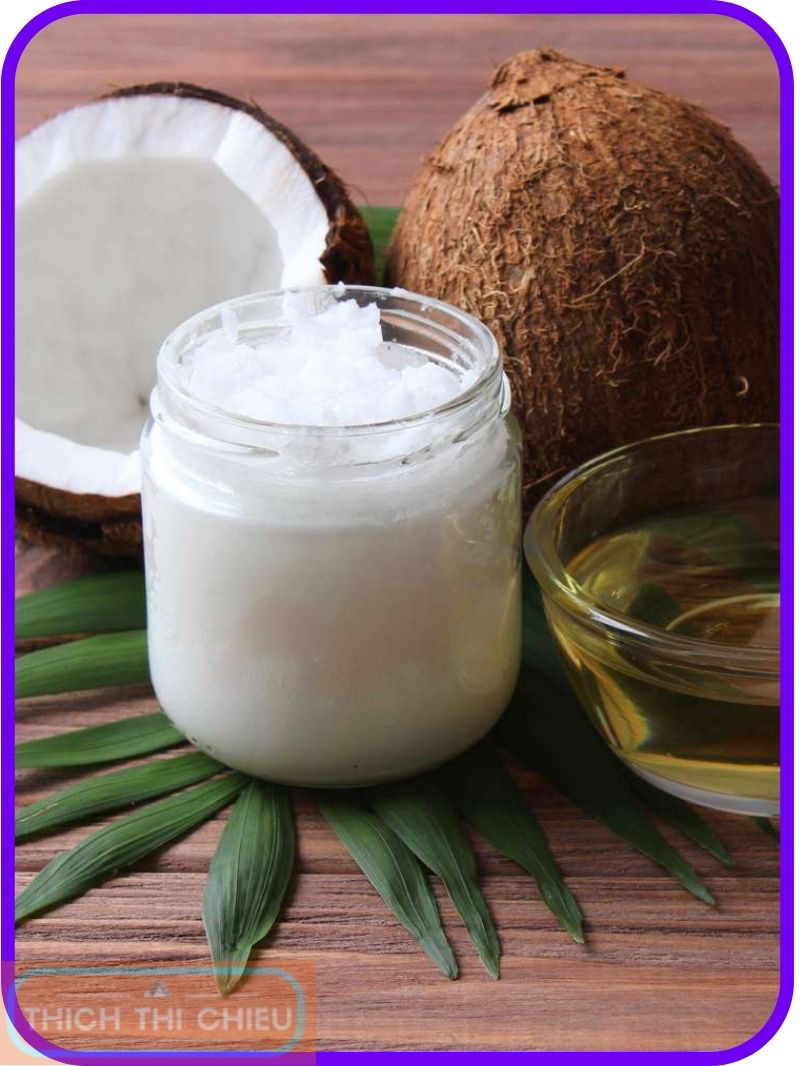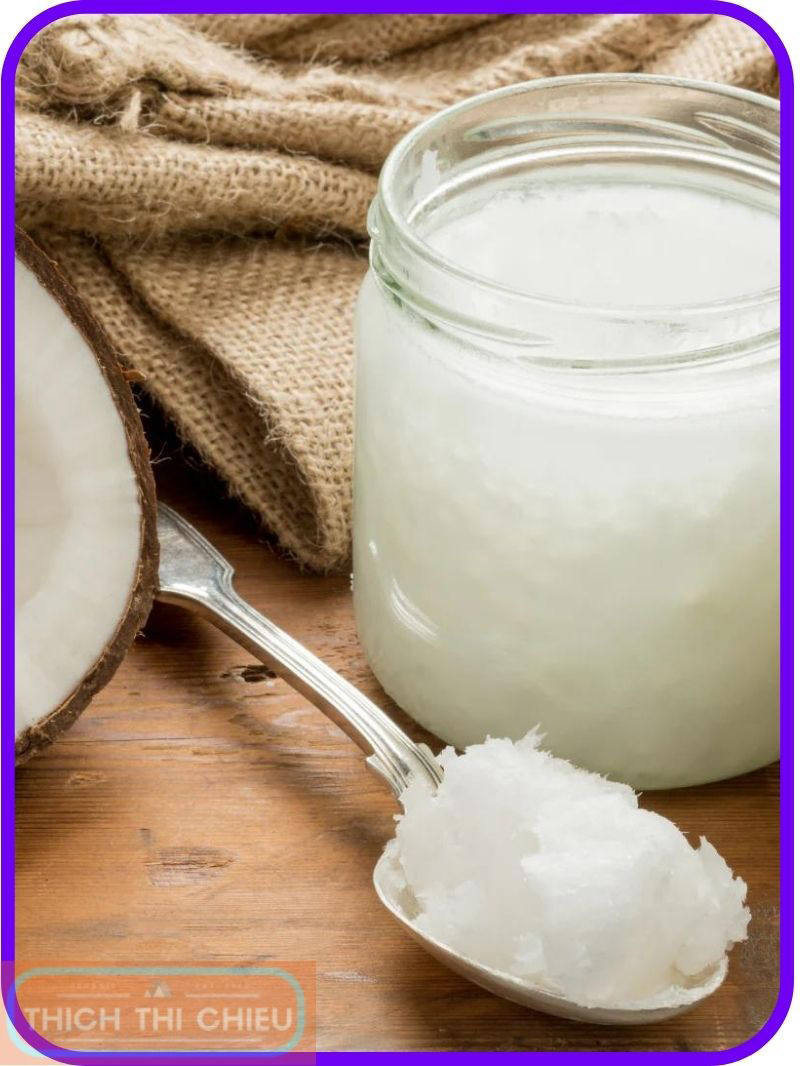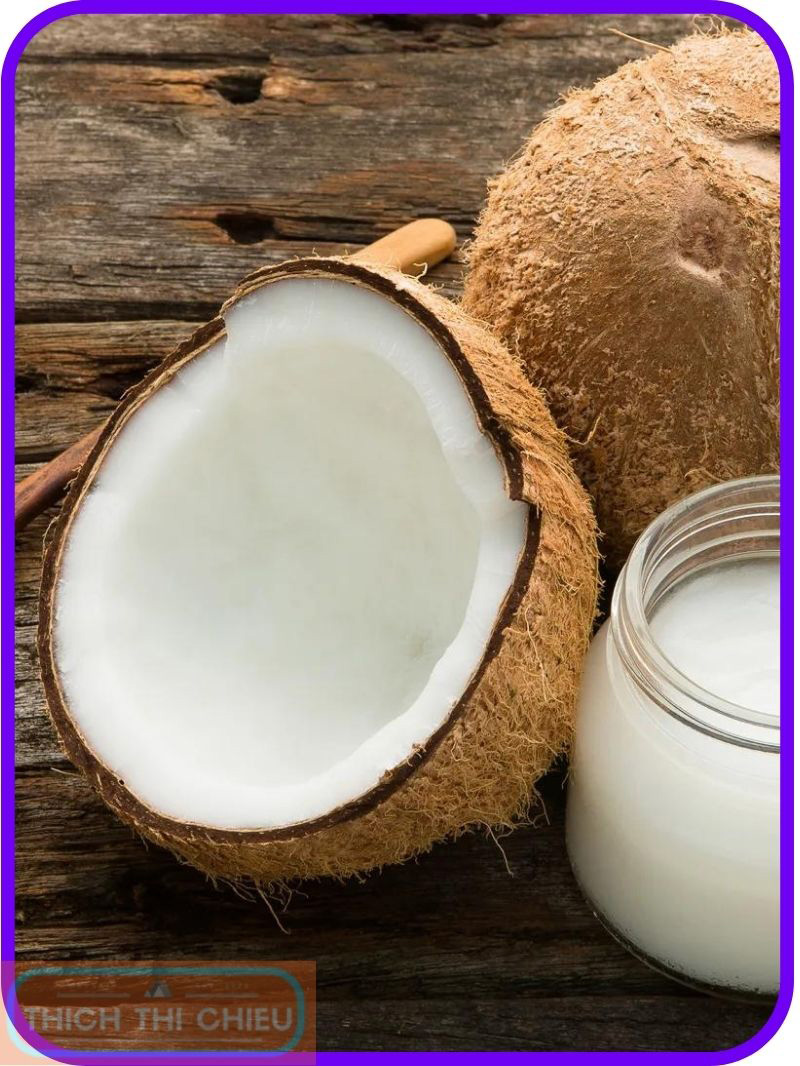Wrinkles, the inevitable signs of aging, can leave us feeling self-conscious and yearning for a youthful complexion. While time marches on, there may be a natural remedy that can help us gracefully embrace the aging process – coconut oil. Join us on a journey to explore the potential benefits of coconut oil for reducing the appearance of wrinkles and discover how this versatile ingredient can be incorporated into your skincare routine.
Understanding the Benefits of Coconut Oil for Wrinkles

Moisturizing and Hydrating Skin
One of the most important benefits of coconut oil for wrinkles is its ability to moisturize and hydrate skin. Dry skin is more prone to wrinkles, so keeping it hydrated is essential for maintaining a youthful appearance.
Coconut oil is rich in fatty acids, including lauric acid, which are excellent moisturizers. These fatty acids help to lock in moisture and prevent skin from drying out.
Protecting Skin from Sun Damage
Sun exposure is a major contributor to premature aging and wrinkle formation. Ultraviolet (UV) rays from the sun damage skin cells, leading to the breakdown of collagen and elastin, the proteins responsible for skin’s elasticity.
Coconut oil may offer some protection from the sun’s harmful UV rays. While it is not a substitute for sunscreen, coconut oil’s fatty acids can act as a mild sunscreen, helping to protect skin from sun damage that contributes to premature aging.
Reducing Inflammation
Inflammation is another factor that can contribute to the appearance of wrinkles. When skin is inflamed, it can become puffy and swollen, making wrinkles more noticeable.
Coconut oil has anti-inflammatory properties that may help to reduce inflammation in the skin. Lauric acid, the main fatty acid in coconut oil, has been shown to have anti-inflammatory effects.
Promoting Collagen Production
Collagen is a protein that gives skin its structure and elasticity. As we age, our bodies produce less collagen, which leads to the formation of wrinkles.
Some preliminary studies suggest that coconut oil may help to promote collagen production. This is likely due to the fact that coconut oil is a good source of antioxidants, which can help to protect collagen from damage.
In addition to the benefits listed above, coconut oil is also:
- Non-comedogenic, meaning it will not clog pores
- Antimicrobial, meaning it can help to kill bacteria that can cause acne
- A good source of vitamin E, an antioxidant that can protect skin from damage
How to Use Coconut Oil for Wrinkles
Cleansing
Before applying coconut oil, it is essential to thoroughly cleanse your skin to remove makeup, dirt, and impurities. This will ensure that the coconut oil can penetrate your skin effectively and provide maximum benefits.
Gentle cleansers are recommended for daily use to avoid stripping away the skin’s natural oils. Choose a cleanser that suits your skin type, whether it be normal, dry, oily, or combination.
Application
Once your skin is clean and dry, apply a small amount of coconut oil to your fingertips. Warm the oil between your fingers to make it easier to apply.
Gently massage the coconut oil into your face and neck, using circular motions. Pay attention to areas where wrinkles are more prominent, such as the forehead, around the eyes, and the mouth.
Regularity
For optimal results, use coconut oil twice daily, once in the morning and once at night. Consistent application will allow the coconut oil to work its magic, helping to moisturize, protect, and nourish your skin.
Remember to start with a small amount of coconut oil and increase as needed. If you have sensitive skin, do a patch test on a small area before applying coconut oil to your entire face.
Tips for Using Coconut Oil Effectively
Coconut oil has gained popularity as a natural remedy for various skin concerns, including wrinkles, dryness, and inflammation. Its versatility and potential benefits have made it a staple in many skincare routines. However, to maximize the effectiveness of coconut oil and avoid potential issues, it’s crucial to follow some key tips.
Choosing Extra-Virgin Coconut Oil
Not all coconut oils are created equal. When selecting coconut oil for skincare purposes, opt for extra-virgin coconut oil. This type of oil is extracted using less heat and mechanical processing, preserving its natural nutrients and antioxidants.
Extra-virgin coconut oil is generally considered the purest and most potent form of coconut oil, making it the best choice for topical application. It retains its natural fragrance and flavor, which some may find appealing.
Starting with a Small Amount
As with any new skincare product, it’s always wise to start with a small amount of coconut oil to assess your skin’s sensitivity and reaction. A pea-sized amount is often sufficient for the face and neck.
Applying a small amount allows you to gauge how your skin tolerates coconut oil and adjust the quantity accordingly. This approach helps to minimize the risk of irritation or breakouts, especially for those with sensitive skin.
Patch Testing for Sensitive Skin
If you have sensitive skin or any concerns about skin reactions, conducting a patch test is highly recommended. Apply a small amount of coconut oil to a discreet area of your skin, such as the inner elbow or behind the ear.
Observe the area for 24 hours to check for any signs of irritation, redness, or breakouts. If no adverse reactions occur, it’s generally safe to use coconut oil on your face and neck.
Avoiding Application Around the Eyes
The delicate skin around the eyes is particularly sensitive and prone to irritation. It’s best to avoid applying coconut oil directly to the eye area, as it may clog pores or cause irritation.
If you wish to use coconut oil for under-eye care, apply a very small amount with a cotton swab or clean fingertip, ensuring it doesn’t enter the eyes. Alternatively, you can use coconut oil as part of a DIY eye mask or compress.
Additional Tips:
- Store coconut oil properly. Keep it in a cool, airtight container away from direct sunlight to preserve its quality and prevent rancidity.
- Use coconut oil as a makeup remover. Its gentle nature makes it an effective makeup remover, even for waterproof mascara.
- Combine coconut oil with other skincare ingredients. Mix coconut oil with aloe vera, honey, or essential oils to enhance its properties and address specific skin concerns.
- Consult a dermatologist if concerns persist. If you experience any persistent skin irritation or reactions after using coconut oil, discontinue use and consult a dermatologist for professional advice.
Overall, coconut oil is a safe and natural ingredient that can be a valuable addition to your skincare routine. It can help to moisturize and hydrate skin, protect skin from sun damage, reduce inflammation, and promote collagen production. These benefits can all help to reduce the appearance of wrinkles and improve skin health. Hopefully, the above article of TTC has provided you with useful information. If you have any questions or concerns, please leave a comment below.



Leave a Reply